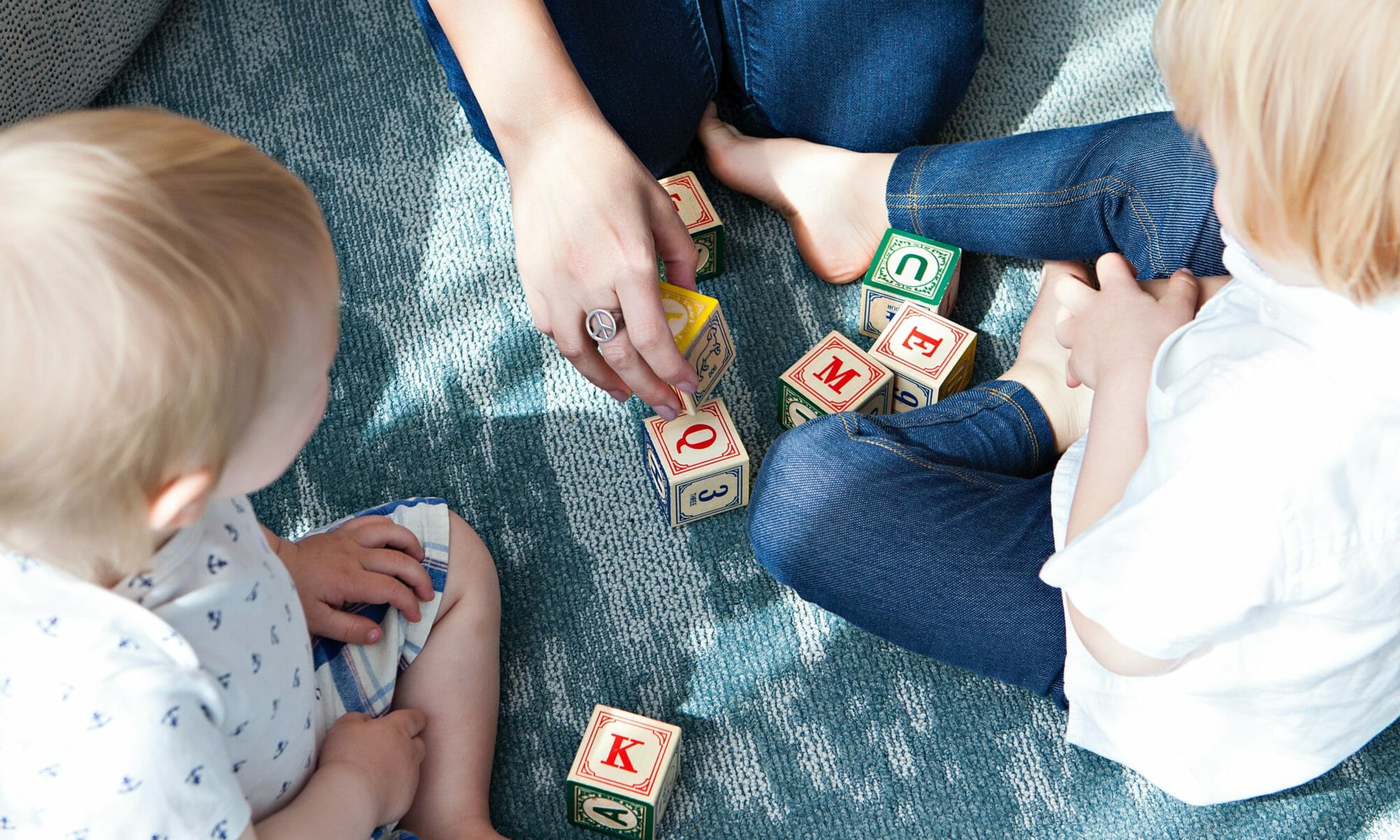I have been divorced for about three years. I have two teenagers, 13 (a son) and 15 (a daughter). They both live with me, although their father lives in the next town and my son often stays with him. I have just started to date someone. When should I tell my kids that I am dating and when should I introduce them to this new person in my life?
Answer:It’s advisable to tell them you’re dating as you begin to do so. Teens don’t want to feel out of the loop, and letting them know you will begin dating will assist them to manage the changes in their emotional lives. It’s important to send some key messages in that conversation: I’m taking this dating thing slow, I’ll typically date in a way that will not take away from our time together as a family, you’ll be the first to know if I ever develop any genuine feelings for anyone.
How much you want to discuss your date with your children depends on your relationship with them. Be cautious not to be overly excited about dating because your teens are about to get to that stage themselves and you want to preserve the excitement and healthy conversations about dating for them. However, you may have a child who wants to hear some simple things about how the date went and it’s okay to share that information, but beware that you’re not using your children as your best friend.
Introductions should be reserved for when you feel the relationship has potential. Be forwarned that children can develop close attachments quickly so you don’t want your children to develop a meaningful relationship with your man until you know he’s the one and sticking around. When you find someone you like, have a light introduction, perhaps quick dinner and a movie/sporting event just to make sure you feel they interact well and to help your kids feel like they are in the loop. After that, you can continue to have some limited, pleasant times together but they should be far and few between so that your kids aren’t forming any attachments. Once you feel that engagement or some form of long term committment is upon you, that’s when you begin to develop this new enmeshed family concept. That will take a lot of time and love. Be sure to have many open conversations along the way about what family means to you and your kids and how your family system might change with another man in your life but it’ll never change the special, deep relationship you have with your kids.
by M. Gary Neuman








